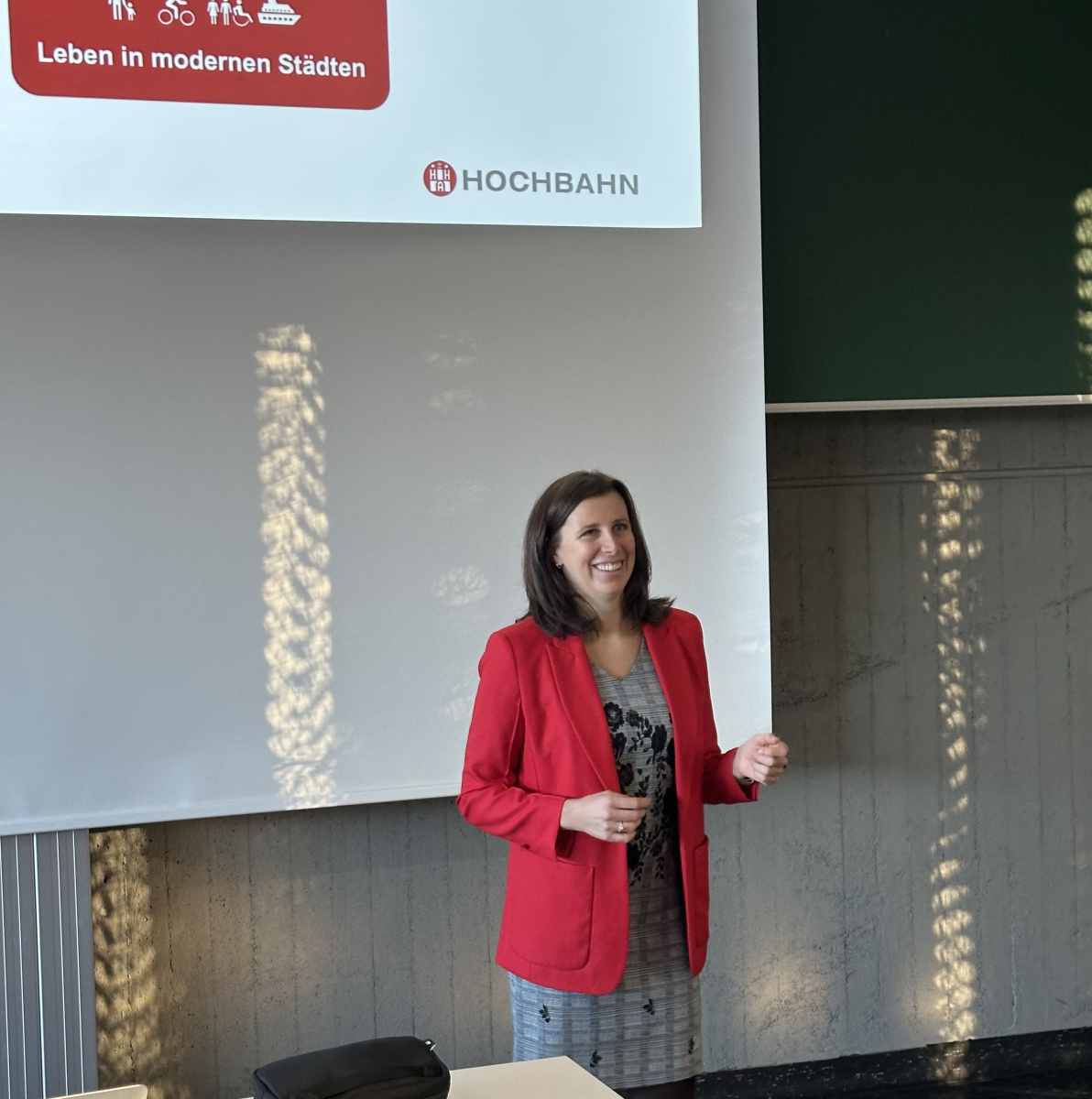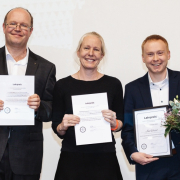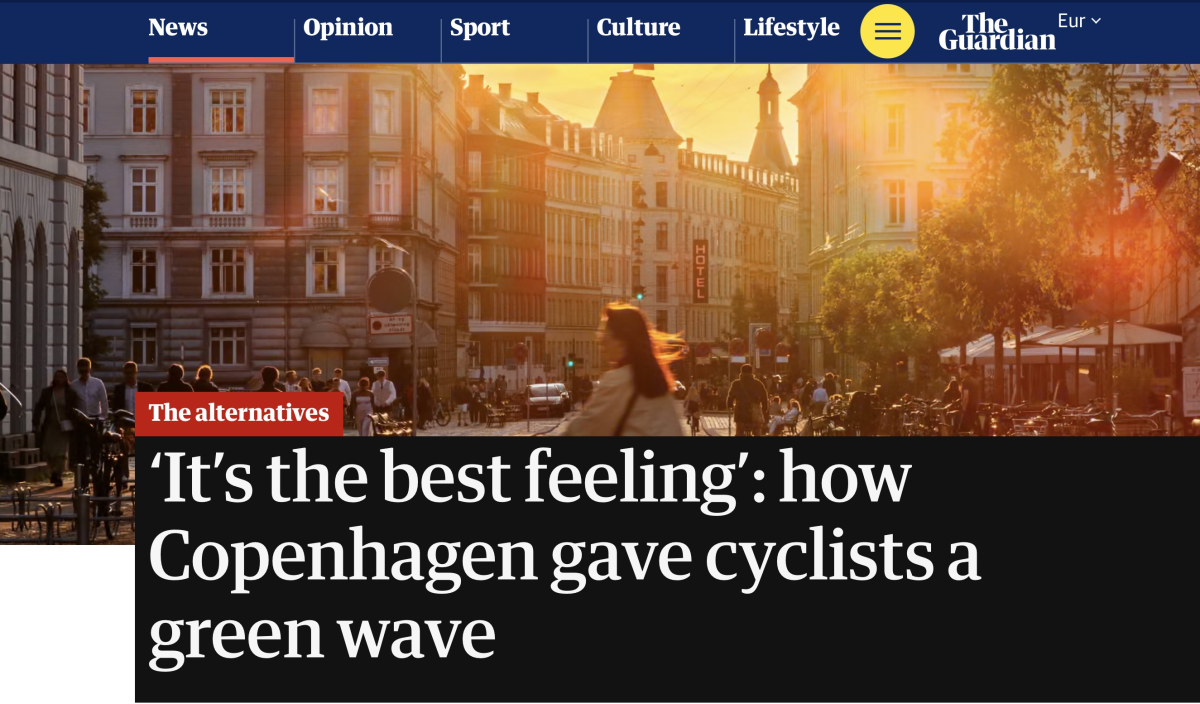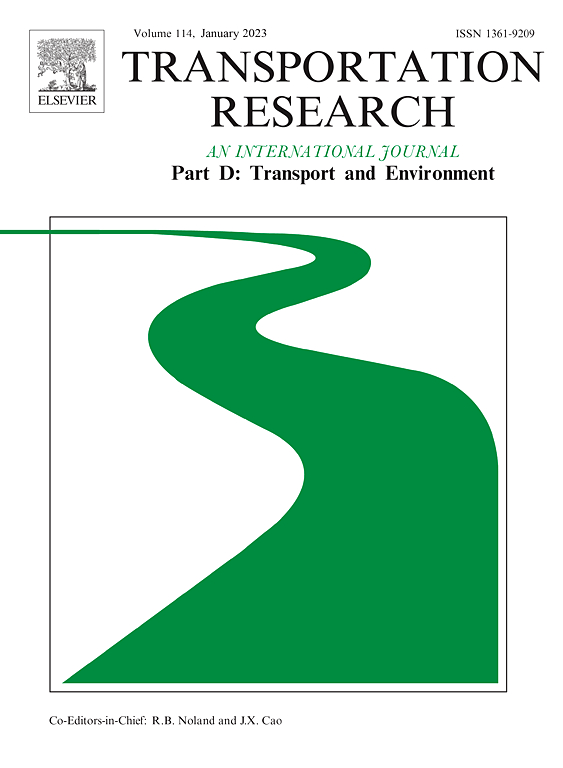Gernot Sieg comments on the situation of the railways in Het Financieele Dagblad. The article can be found here, unfortunately behind a paywall.
Here is the section with Professor Sieg's comments:
Gernot Sieg, spoorspecialist bij de Universiteit van Münster, zegt dat de Italiaanse belangstelling voor het langeafstandsnet ‘wellicht op het juiste moment komt’. Het railnet is weliswaar in slechte staat, schetst de hoogleraar. Maar als nieuwkomers diensten aanbieden op nu al gesaneerde trajecten, moeten ze met hun nieuwe materieel, voldoende personeel en goed management de vertragingsfactoren waar Deutsche Bahn nu mee te maken heeft, kunnen vermijden, aldus Sieg.
Hij wijst erop dat Deutsche Bahn bij het langeafstandsverkeer in 2024 een bezettingsgraad van 47% had. Dat moet met een slimmer ticket- en reserveringssysteem hoger zijn te krijgen, denkt hij. ‘Er kan plaats zijn voor Italo en Trenitalia als ze hoge kwaliteit en hoge snelheid bieden en op tijd rijden tussen de groeicentra in Duitsland, zonder door de politiek opgedrongen haltes’, meent hij.
Sieg ziet speelruimte bij DB Infrago om de prijzen te verlagen, mits het netbedrijf zich onafhankelijker opstelt van DB Fernverkehr – het DB-bedrijf voor langeafstandsritten. ‘In de toekomst kunnen de financiële condities voor het personenverkeer op die trajecten beter zijn dan nu.’
 We thank Ms. Merle Schmidt-Brunn (Director of Finance and Sustainability at Hamburger Hochbahn AG) for her guest lecture as part of the course Principles of Transport Economics and for providing exciting insights into Hamburg’s transport transition.
We thank Ms. Merle Schmidt-Brunn (Director of Finance and Sustainability at Hamburger Hochbahn AG) for her guest lecture as part of the course Principles of Transport Economics and for providing exciting insights into Hamburg’s transport transition.








 In 2023, 1.85 million conventional bicycles and 2.1 million electric bicycles (“e-bike”) were sold in Germany making it the first year in which more e-bikes were sold than conventional bicycles. This trend indicates a growing preference for e-bikes among consumers, so that it is important to study whether increasing sales would also translate into increasing usage of e-bikes. In their new
In 2023, 1.85 million conventional bicycles and 2.1 million electric bicycles (“e-bike”) were sold in Germany making it the first year in which more e-bikes were sold than conventional bicycles. This trend indicates a growing preference for e-bikes among consumers, so that it is important to study whether increasing sales would also translate into increasing usage of e-bikes. In their new